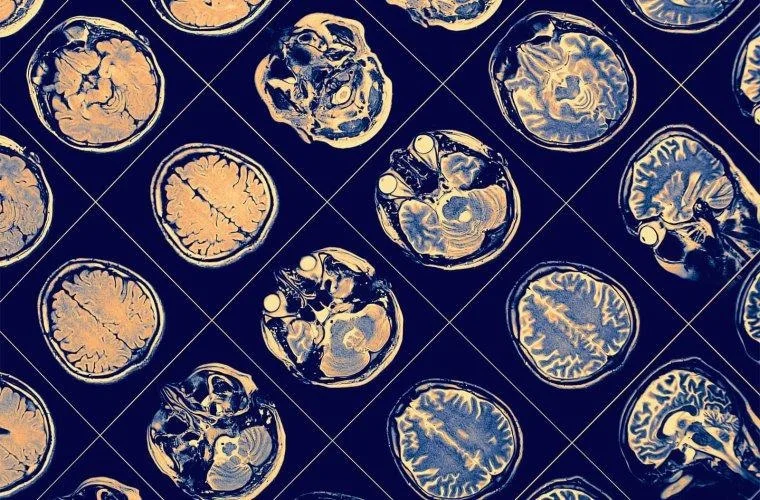
UArizona College of Medicine – Phoenix’s Ayman Fanous contributes to largest worldwide study of Schizophrenia
In a paper published April 8 in Nature, specific genes were identified that could play important roles in the psychiatric disorder. In the largest genetic study of schizophrenia, researchers including Ayman Fanous, MD, analyzed DNA from 76,755 people with schizophrenia and 243,649 without it to better understand the genes and biological processes underpinning the condition.
“Previous research has shown associations between schizophrenia and many DNA sequence changes, but rarely has it been possible to link the findings to specific genes,” said Fanous, chair of the Department of Psychiatry at the University of Arizona College of Medicine – Phoenix. Dr. Ayman Fanous also serves as chair of Psychiatry at Banner – University Medical Center Phoenix.
“We have been able to link many of them to specific genes, a necessary step in what remains a difficult journey toward understanding the causes of this disorder and identifying new treatments.”
Dr. Fanous contributed to the study as a member of the Psychiatric Genomics Consortium, which comprises hundreds of researchers across 45 countries.
The study found a much larger number of genetic links to schizophrenia than ever before, in 287 different regions of the genome, the human body’s DNA blueprint.
The study is the largest genome-wide association project to date, and the research team identified a “substantial increase” in the number of genomic regions associated with schizophrenia. Within these regions, they then used advanced methods to identify 120 genes likely to contribute to the disorder.
Although there are large numbers of genetic variants involved in schizophrenia, the study showed they are concentrated in genes expressed in neurons, pointing to these cells as the most important site of pathology. The findings also suggest abnormal neuron function in schizophrenia affects many brain areas, which could explain its diverse symptoms that may include hallucinations, delusions and problems thinking clearly.
More than 7,000 people with either African American or Latino ancestries were included, which researchers say is a small step toward making sure advances that come from genetic studies can benefit people beyond those of European ancestries.
Read the rest of the study on news-medical.net.
More news from the PBC
- New study seeks to combat national kidney shortage, improve availability for organ transplants
- SEMI, MDM2 to host smart medtech conference in Phoenix from April 22-24
- Innovative Therapy Shows Promise in Reversing Lung Scarring in Idiopathic Pulmonary Fibrosis
- Phoenix City Council Expands Enhanced Municipal Services District to Strengthen Innovation and Growth
- C-Path’s Predictive Safety Testing Consortium Advances a Transformative Test to Detect Drug Induced Liver Injury
- Fuel Your Startup’s Growth: Explore Arizona’s Expanded SBIR/STTR Support
- U of A Center for Innovation Startup ClientsGenerate $664.8M In Economic Output
